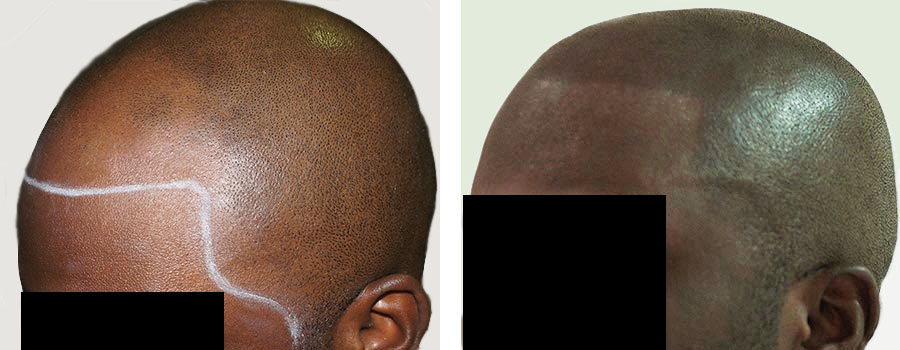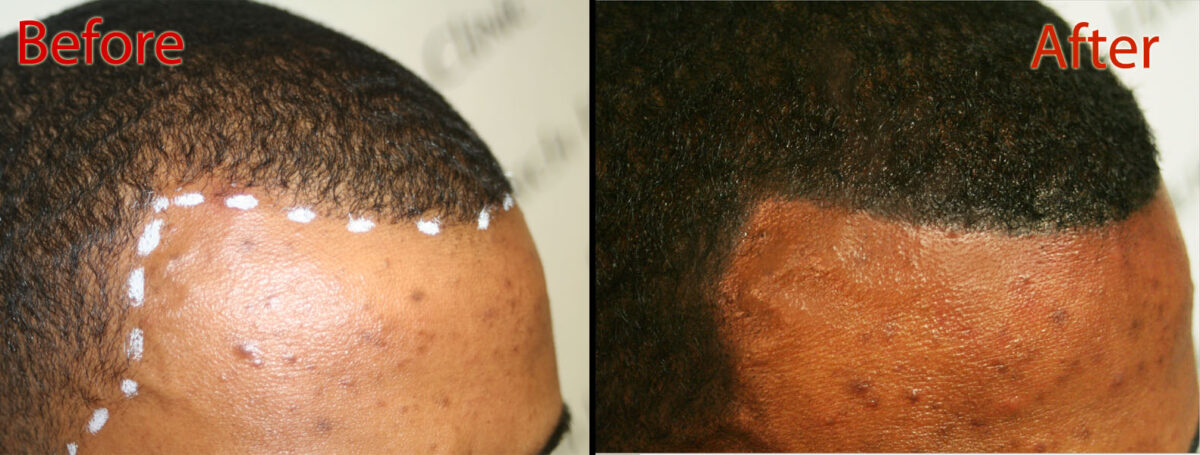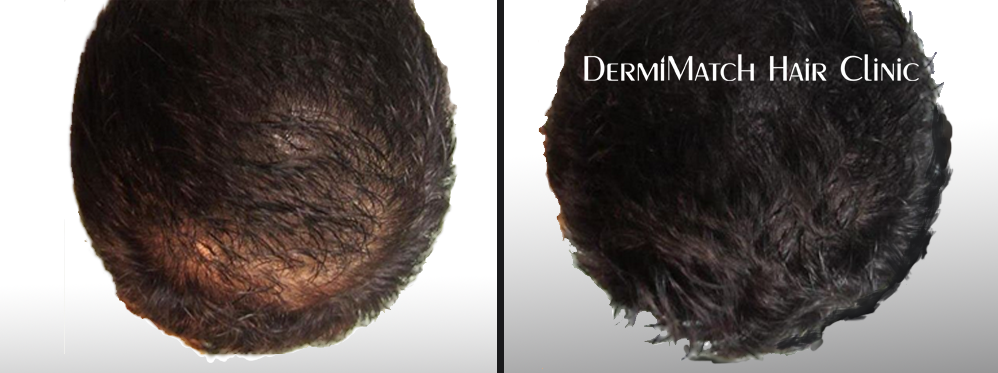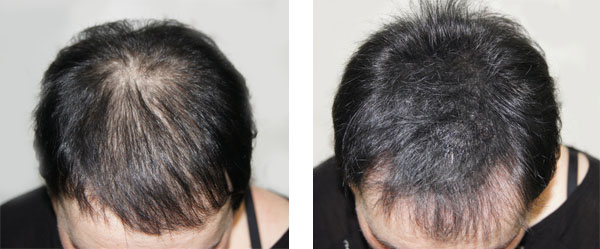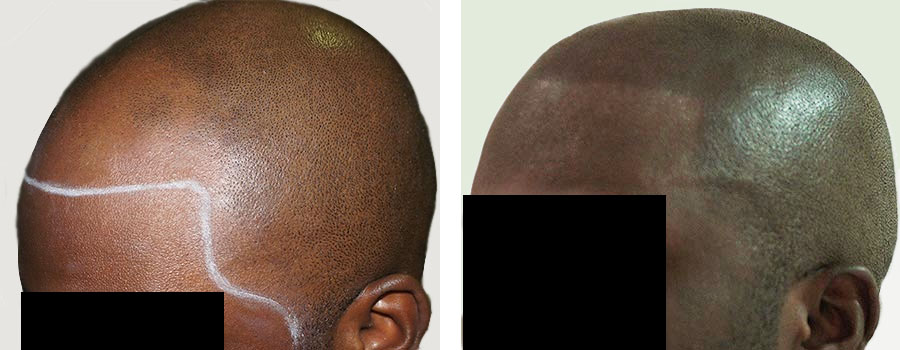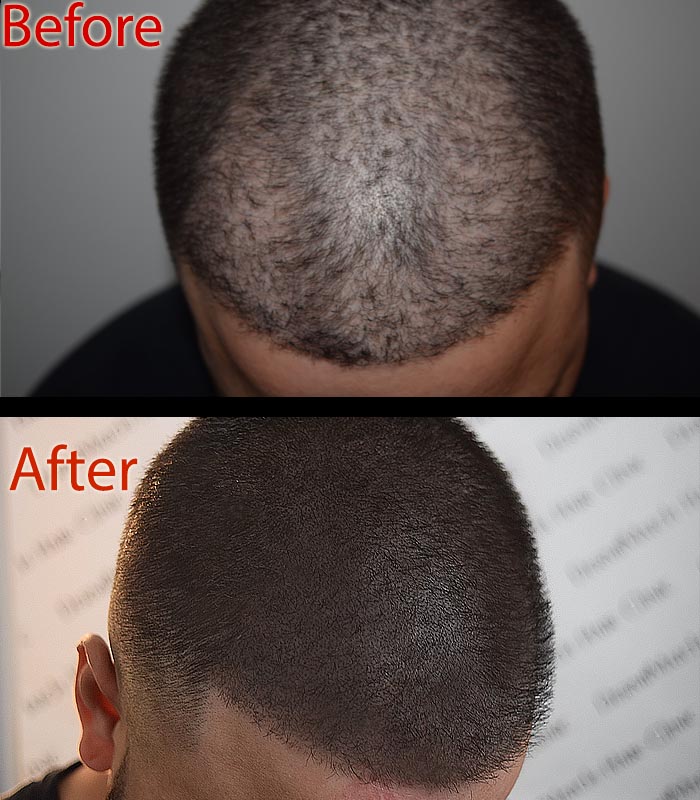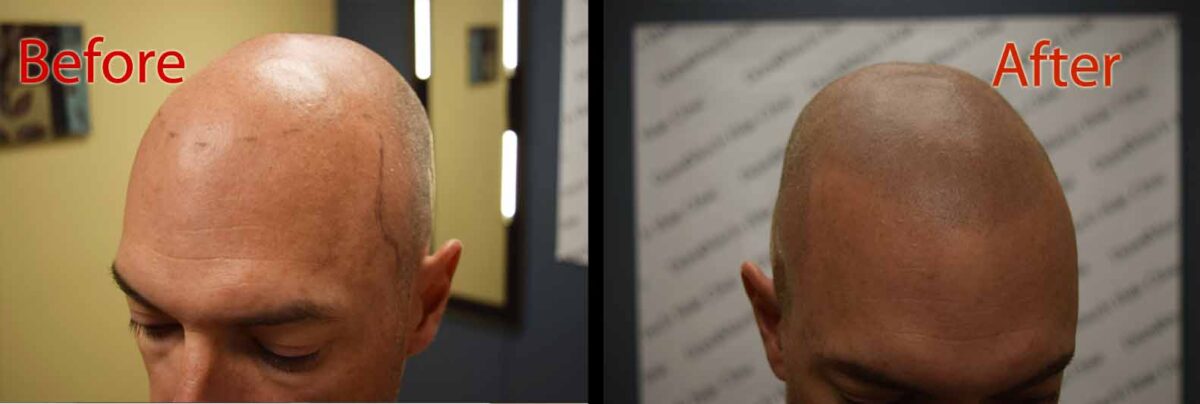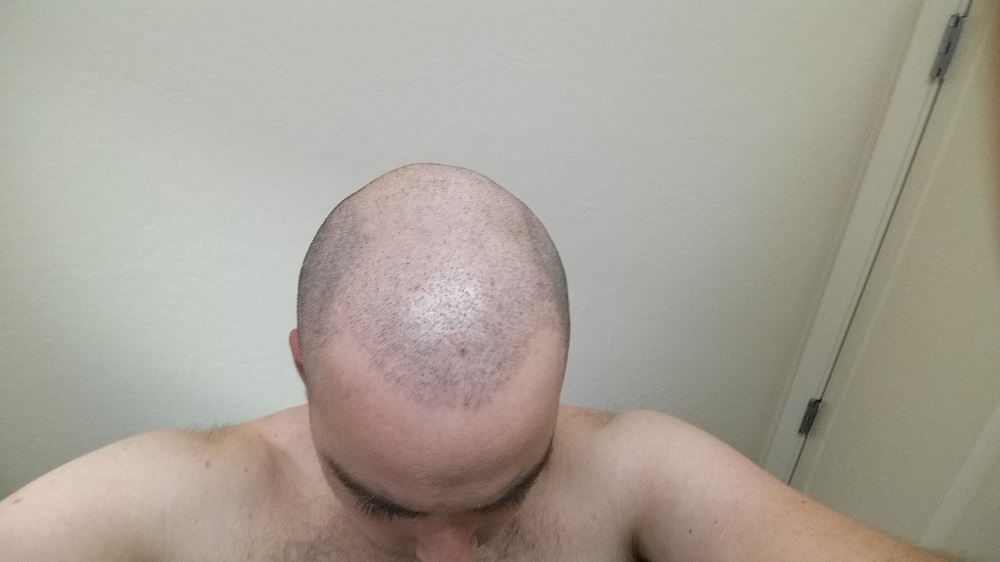Is hair loss medication bad for you? What are the side effects of hair loss treatments or hair growth pills? Well, hair loss is a problem for most men and women. Hair loss treatment may work for some but is not immune from risk.
Is hair loss Medication worth it?
There are multiple hair loss triggers, from age to stress, genetics, hormonal imbalances, disease, medication, and nutritional deficiencies. Although hair loss medications might help, they may cause other problems.
Do hair loss drugs actually work?
Different treatments work differently and depend on your type of hair loss. It may take anywhere between three and six months for results to show up. While most people can easily bear hair loss drugs, side effects cannot be denied.
Post-finasteride syndrome
Men might suffer from lower libido due to finasteride side effects, which may cause erectile dysfunction. Unfortunately, it has been linked with depression and, ultimately, suicide.
Hair shedding
Minoxidil can cause hair shedding in the initial months of treatment. It is a common symptom of hair loss treatment, though the hair shedding stops after a few months. Thereafter, you may experience hair growth for as long as you are taking minoxidil.
Scarring
There is a risk of scalp scarring with hair transplants, which may further cause infection. A transplant may be painful and have other side effects. Recovery time from a transplant is long. You may have to deal with the side effects for a long period after a transplant.
Can You Naturally Regrow Hair Loss?
Well, there are a few ways to grow hair naturally. This includes using caffeine-based shampoos that help stimulate hair growth. Scalp massage is a good way to nourish the scalp and hair follicles so hair can grow better. Besides, the use of essential oils might help, too. Rosemary is particularly good for hair. Again, natural cures do not work overnight. They are effective in certain cases and might take long to show desirable results.
Bottom Line
As with any treatment, side effects are common. It is better to research risk factors and side effects before switching to a medication therapy or hair loss treatment.
If you are struggling with hair loss and fear the side effects of hair loss treatment, you may want to switch to scalp micropigmentation.
It is one of the safest and most permanent solutions to hair loss. SMP is a non-invasive procedure that uses specialized pigments to create dots that mimic hair follicles. The purpose of SMP treatment in Scottsdale is to hide most scalp problems and hair loss.
This includes thinning hair or a receding hairline. If your hair loss is genetic, SMP is the best way to camouflage androgenetic alopecia and other types of baldness. However, only the best scalp artists know how to hide scalp flaws and create the results the client dreams of.
Scottsdale scalp professionals at DermiMatch Clinic are happy to help. With years of expertise in scalp micropigmentation, DermiMatch scalp artists have been helping those seeking an effective hair loss treatment find a permanent solution to their hair-shedding woes.

